Any Electrical Engineering student needs to complete his/ her project in the third or final year, without which the degree will not be awarded. When talking about Electrical projects, we can’t leave out the possible project areas or domains in which the projects can be implemented. So, we have discussed the top 5 Project Domains for Electrical Engineering students in this article along with the top 10 interesting Electrical engineering-based projects.
What projects to do as an Electrical Engineering student?
Whenever an electrical engineering student needs to decide about the project that is to be done, he/ she needs to select the domains on the basis of their strength, area of interest, and guidance given to them by their concerned Project investigator. Before selecting the domain, the students need to know the basics of projects in Electrical Engineering. The project in electrical engineering usually comprises the investigation of various electrical or electronics equipment like UPS, Turbines, Motors, Induction Generators, Microgrids, Nano grids, Power Distribution Systems (PDS), Voltage controllers, speed controllers, Oscillation suppressors, Rectifiers, and Converters, etc. When you want to select your projects for electrical engineering, you need to be aware of some project domains to start with.
Top 5 Project Domains for Electrical Engineering students
The following are the most chosen electrical engineering-based projects:
Power Systems
Power Electronics
Communication Systems
Wireless Networks
Embedded Systems
Power Systems
Power System is a popular sub-domain that is chosen by many electrical engineering students as their project domain. These power systems are mostly concerned with the creation, distribution, transmission, and deployment of electric power. It also includes the electric apparatus that have been integrated into such systems. These kinds of projects could be implemented on induction generators, DC-DC typed converters, controllers, wind turbines, and many more.
Power Electronics
Power Electronics is another project domain that is concerned with the utilization of solid-state electronics for controlling and converting electric power depending on our requirements. These kinds of projects could be implemented on rectifiers, bridgeless converters, AC-DC typed converters, 3-phase converters, inductors, and many more.
Communication Systems
The communication systems are usually capable of delivering the required signal or data from one system to another system by the utilization of mutually comprehendible semiotic rules and signs. These kinds of projects could be implemented associated with the following: MIMO systems, mutual coupling, layer security, relay selection, and many more.
Wireless Networks
The wireless networks are deployed to reduce the cost of laying the cable for data transmission. Instead, these wireless networks make use of alternatives like sensor devices. These kinds of projects could be implemented on Zigbee, Wireless Sensor Networks (WSNs), Bio-gadgets, and many more.
Embedded Systems
The most popular project topic that many students including the researchers take on is Embedded systems. It is a computer-operated system that has been designated with a specific functionality inside a bigger electrical as well as a mechanical system. These kinds of projects could be implemented associated with the following: Smart systems based on WSNs, energy storage systems, data-stream intervention systems, and many more.
Also read : Mini Projects for Electrical Students
Top 10 Projects for Electrical Engineering Students
Though many projects based out of the Electrical Engineering domain are possible, we discuss a few projects for electrical Engineering in the below sub-headers.
1. Active Fault Current Limiting through Networked Microgrids
An active Fault Current Limiting in the networked microgrids could possibly sort out the issues of all the fault currents because of superior usage of Microgrids on Utility Grids (UG). The main issue that will be maintained is the low voltage in Microgrids. This Active Fault Current Limitation might be done in three steps, depending upon the requirement.
2. Hysteresis Space Vector-based DC-Link Neutral Point Balancing
In solar grid-based inverter applications, there are most common issues like harmonic reduction, neutral point balancing, and switching. For the redressal of neutral point balancing in the DC application of the solar operating system, a novel type of Hysteresis current control SVPWM-Space vector pulse width modulation (HSVM) could be used on the input side of the inverter.
3. Speed Controlling in an SRM Drive System with Switching
In the Switched Reluctance Motors (SRMs) based drive system, the speed controlling needs to be done for the sake of sorting out the start-up speed issue. For regulating the speed, a novel switching technique that is capable of desaturation proportional and variable proportional could be adopted. Flaw threshold segmentation could also be applied for enabling the SRM drive system to compare with other regulators.
4. Multifunctionality Control over Wind-Turbine dependent Nano-Grid
In the wind turbine, novel types of controlling approaches could be utilized for achieving the multi-tasking process of the nano-grids. Various parameters to consider for controlling are as follows: maintenance of the quality of power in both the DC-sides and AC-sides, Maximization of power that is getting generated from the wind turbine, and avoiding the distortion due to the non-linear loads, etc.
5. Deploying the Sliding Mode Control in a D-STATCOM Integrated PDS
In D-STATCOM Integrated PDS, Sliding Mode Control comprising the function of Riemann-Liouville could be deployed for sorting out the issues like fluctuations in voltage, unbalanced load situations, and several other complexities in the grid.
6. Maintaining Power Compensation Accuracy for Decoupling Feed-Forward Current Vector Controller
In the application of a cascaded H-inverter, the power compensation accuracy could be maintained by using the Decoupling Feed-Forward Current Vector Controllers. The evaluation of the performance of this system could be investigated with the help of MATLAB.
7. Performance Investigation of Reduced Switch ANPC Inverter by using the Shunt Active Power Filter
The performance of the reduced switch ANPC inverter could be improved and evaluated with the deployment of the Shunt Active Power Filter for yielding an improved boosting capability and reduced switching losses.
8. Suppression Strategy for a Double Fed Wind Power Generation System
In a double fed wind power generation system, a properly locked loop suppression strategy could be deployed for avoiding the sub-synchronous oscillations, thereby stabilizing the system. The suppression strategy might then be simulated and verified.
9. Controlling of Harmonic Voltage in a Distributed Generation Systems
The controlling of harmonic voltage might be done in a distributed generation system for avoiding the non-linear loads, achieving adaptability toward renewable resources, and then sort out all the power quality-related issues.
9. Controlling the Voltage in a Vienna Rectifier for EVs
With the help of Vienna rectifiers, the stabilization of Electrical Vehicle charging plants could be ensured by maintaining its voltage. Superior performance characteristics with quick responsive charging plants for Electrical Vehicles (EVs) could be achieved.
Also read : IEEE Projects for Electrical Engineering
Additional topics for Electrical-based Projects
In addition to the above 10 projects for electrical students, we also give you additional topics for caring out your projects, which are as follows:
Multifunctionalilty controlling over Voltage-Source Converters by using an LC Filter
Dual Converter for the Open-End Double Fed Induction Generator
Investigation and Mitigation of Dynamic Instabilities in a Grid-Connected Photovoltaic Systems
A Novel Controller for Grid-Connected and Islanded Operation of PV-Fed typed Inverter
An Uninterrupteded PV Array-Battery oriented System with improved quality of Power
Controlling the Switched Reluctance Generator in a Wind Power System to achieve Variable Speeds
Multifunctionalilty Non-Isolated based Dual Input-Output Converter for EVs
Support for Electrical-based Projects
Though many projects based on Electrical Engineering could be easily taken up, the implementation of some sophisticated electrical systems will require the expertise of many technical parameters and an understanding of the variety of hardware. Thus, not all the students can complete their electrical projects as some of the students lack the expertise in many technical parameters and a deeper understanding of several involved hardware.
As a result, they are left with the only option of consulting with the experts of such electrical systems, who can help those students to implement the required system for getting their degree without any hustle. So, the electrical students have to come up with the less sophisticated tech in their project if they wish to implement and complete their electrical projects.
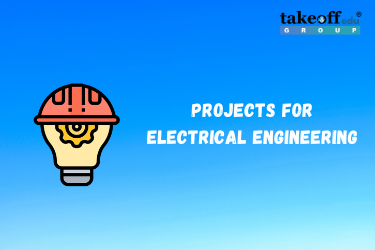
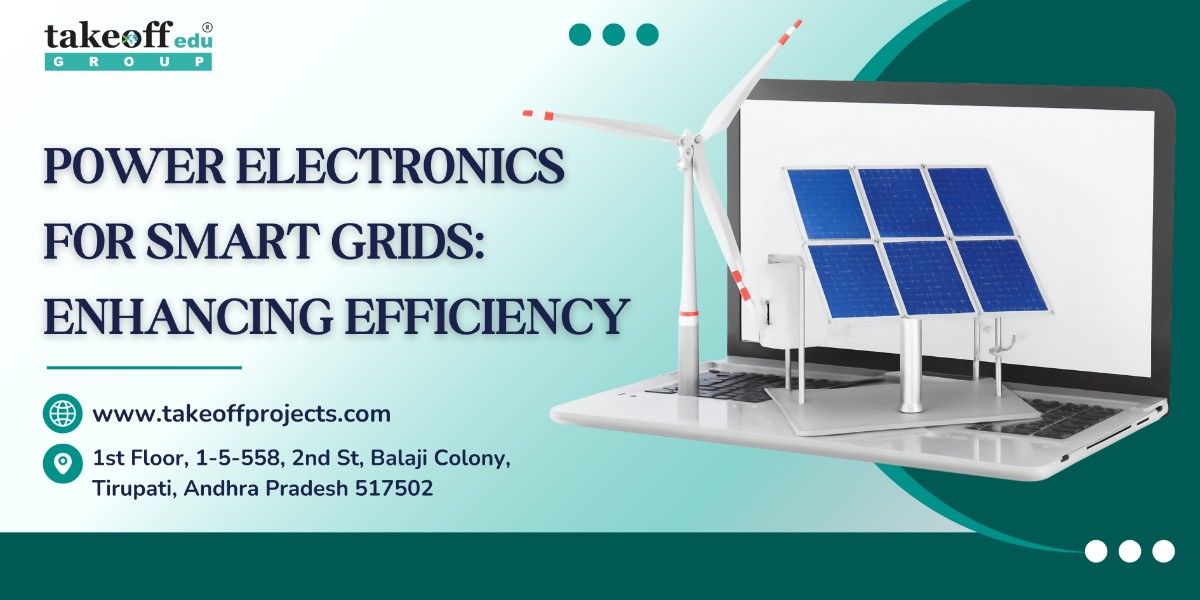 Power Electronics for Smart Grids: Enhancing Efficiency
Power Electronics for Smart Grids: Enhancing Efficiency 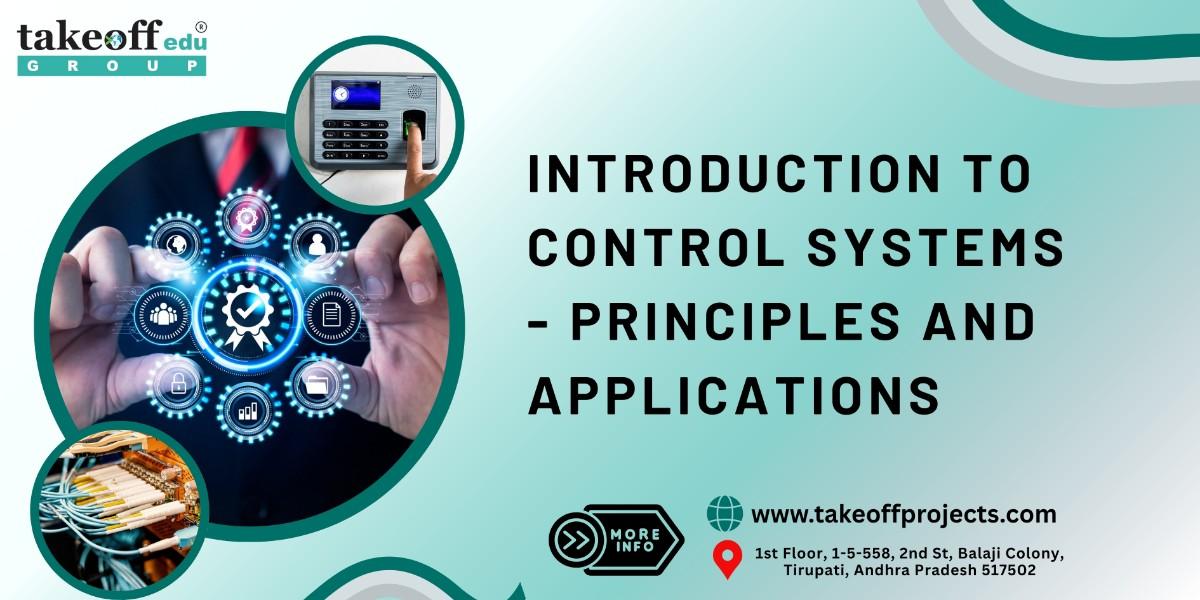 Introduction to Control Systems: Principles and Applications
Introduction to Control Systems: Principles and Applications 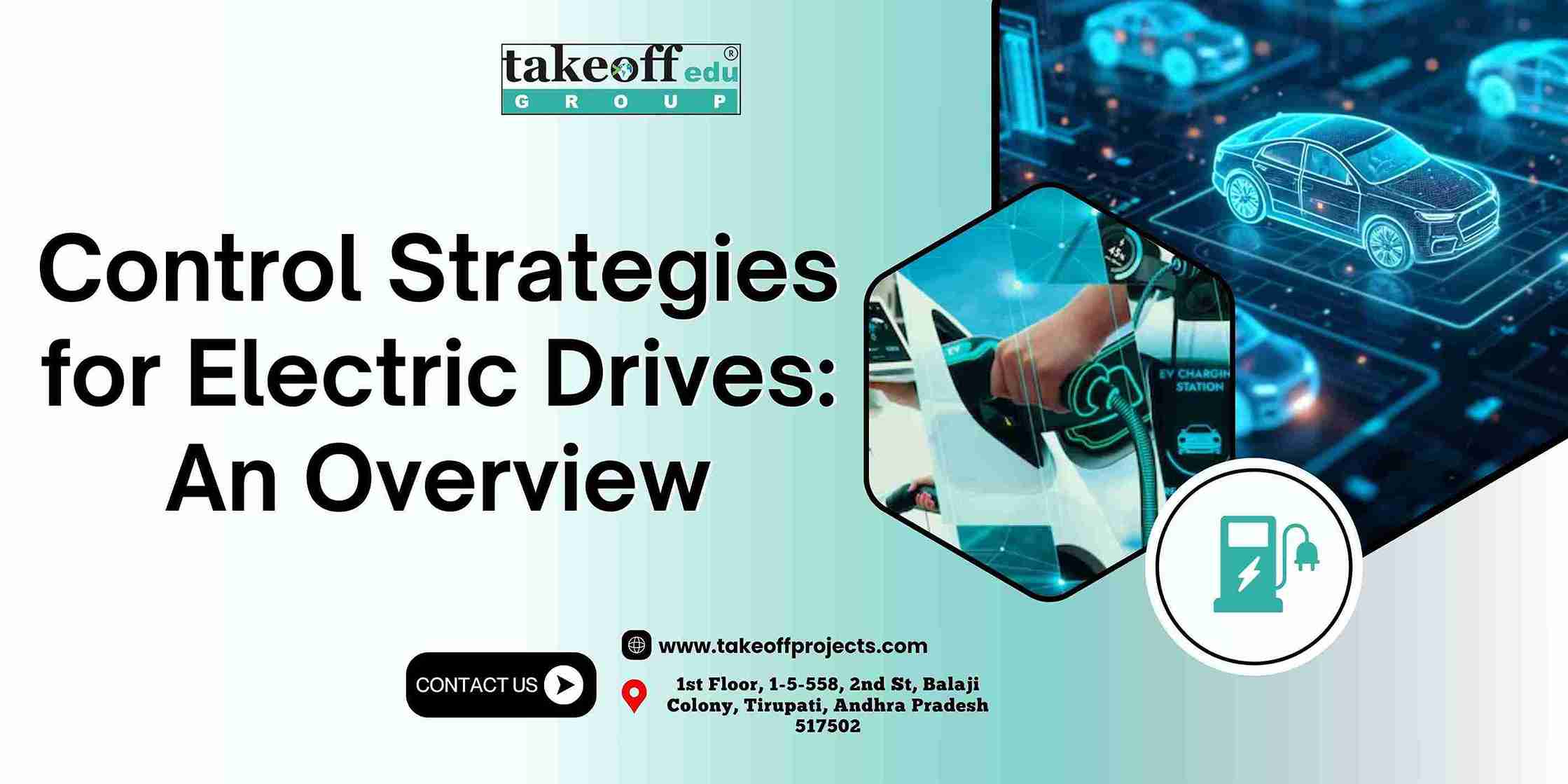 Control Strategies for Electric Drives: An Overview
Control Strategies for Electric Drives: An Overview  Electric Drives: Fundamentals & Key Components
Electric Drives: Fundamentals & Key Components 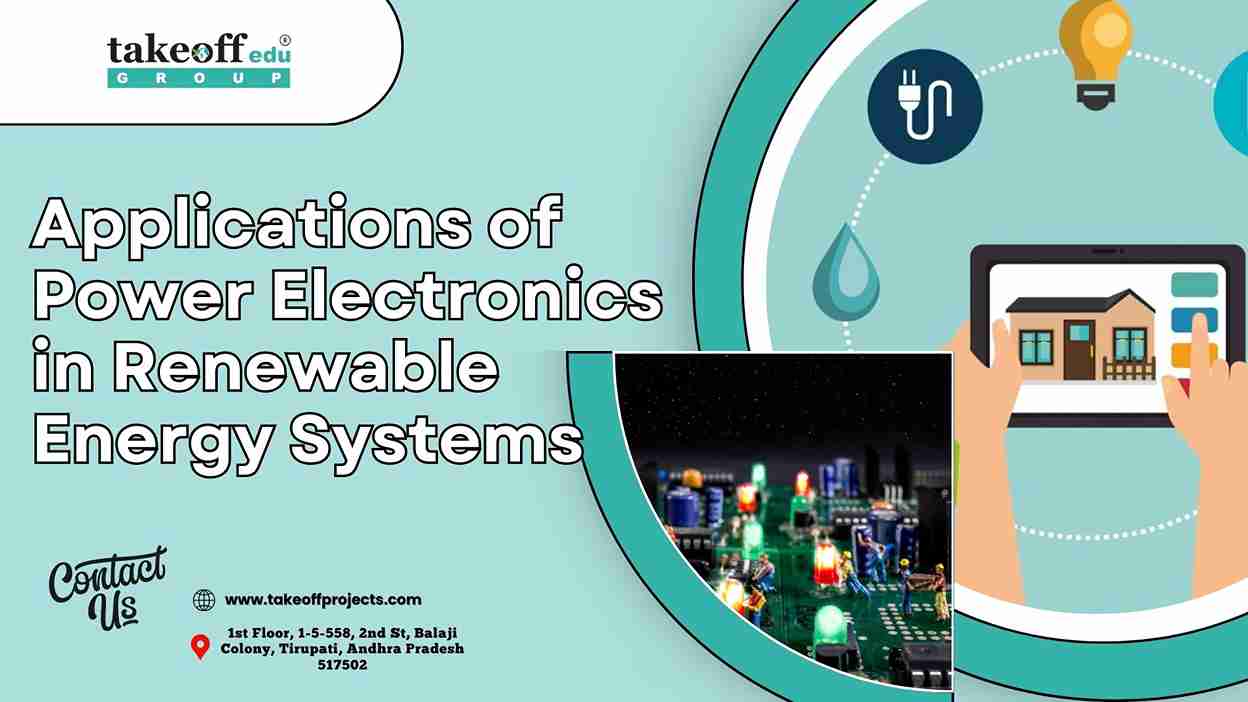 Applications of Power Electronics in Renewable Energy Systems
Applications of Power Electronics in Renewable Energy Systems 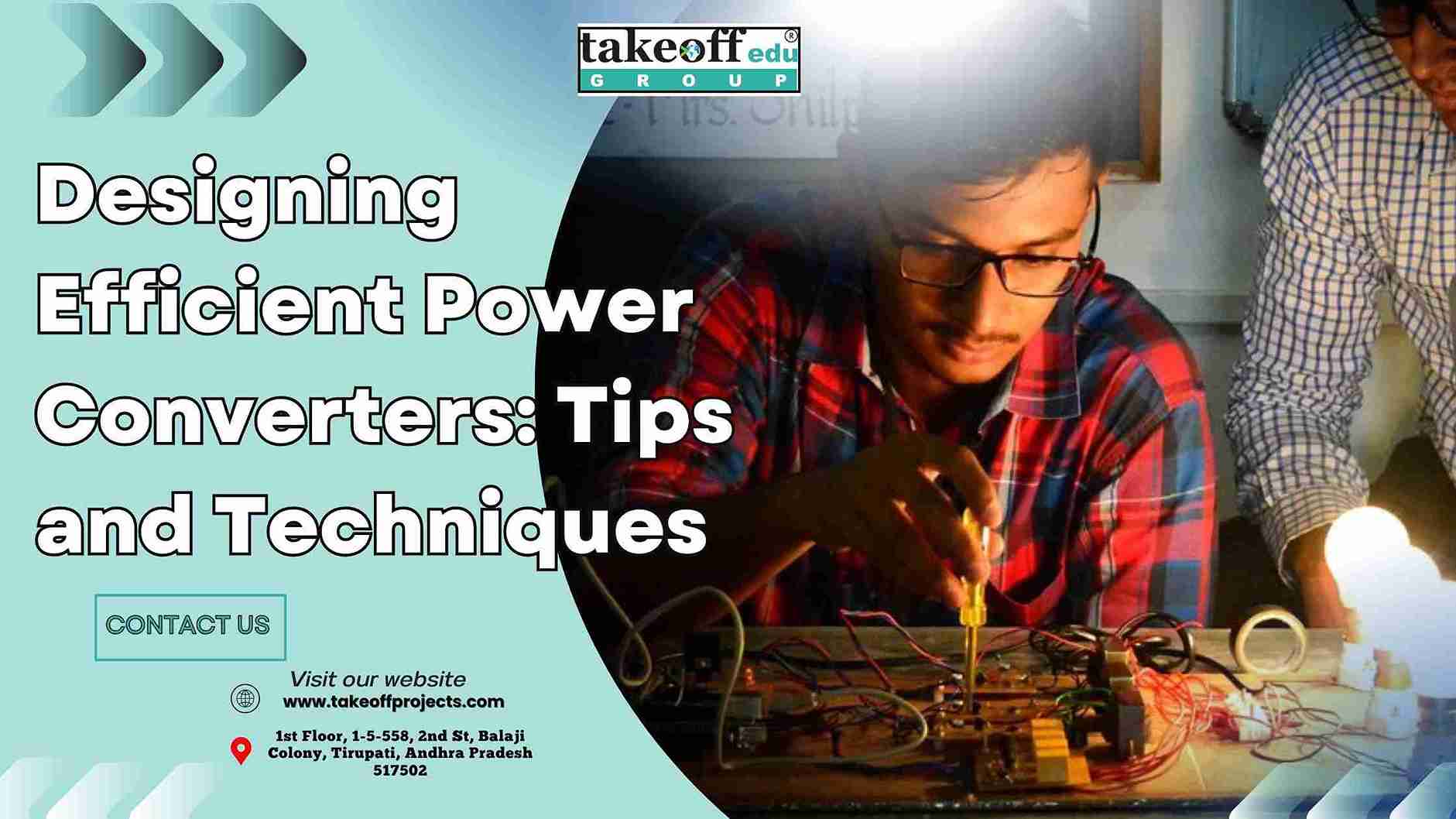 Designing Efficient Power Converters: Tips and Techniques
Designing Efficient Power Converters: Tips and Techniques 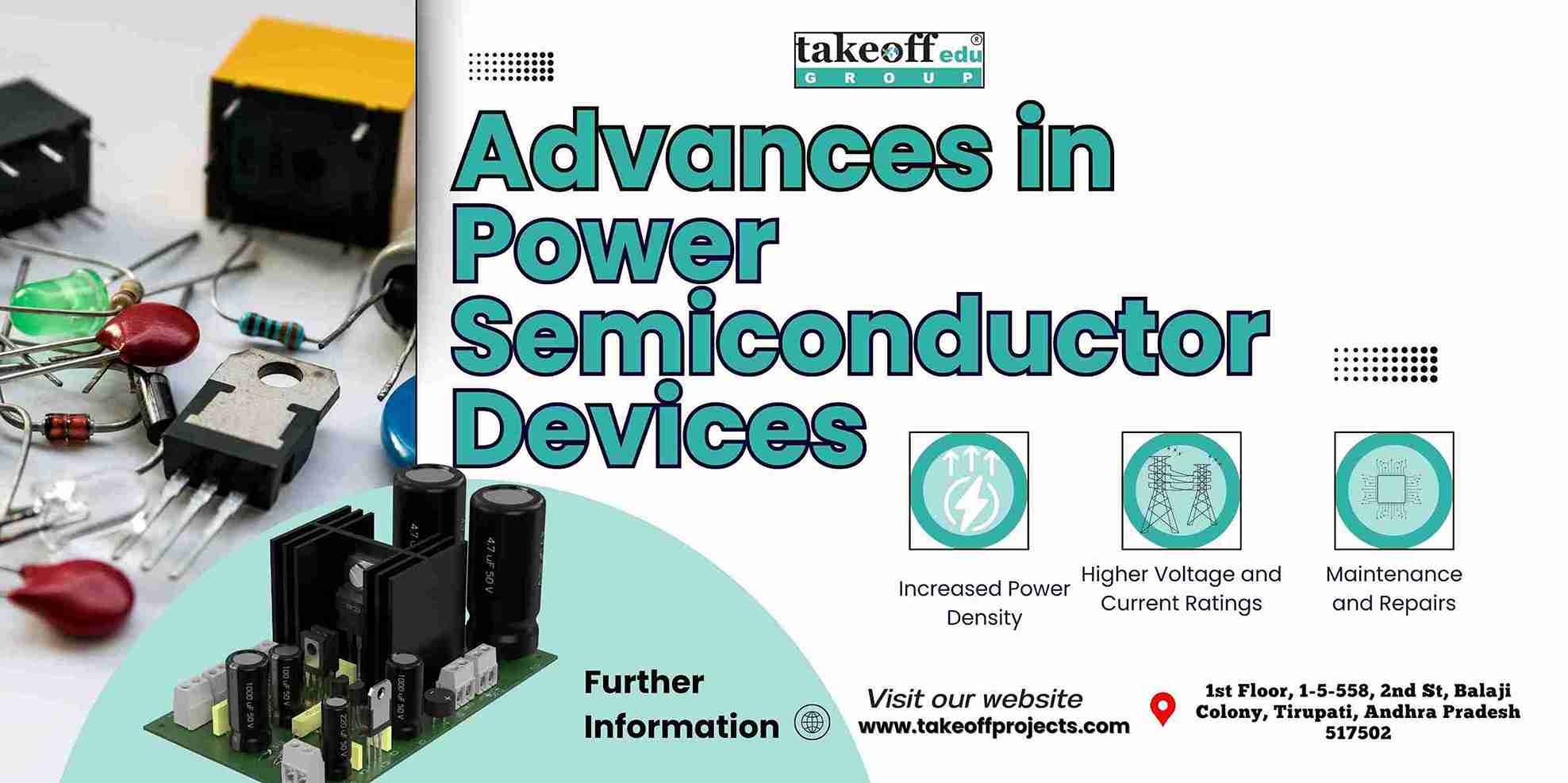 Advances in Power Semiconductor Devices
Advances in Power Semiconductor Devices 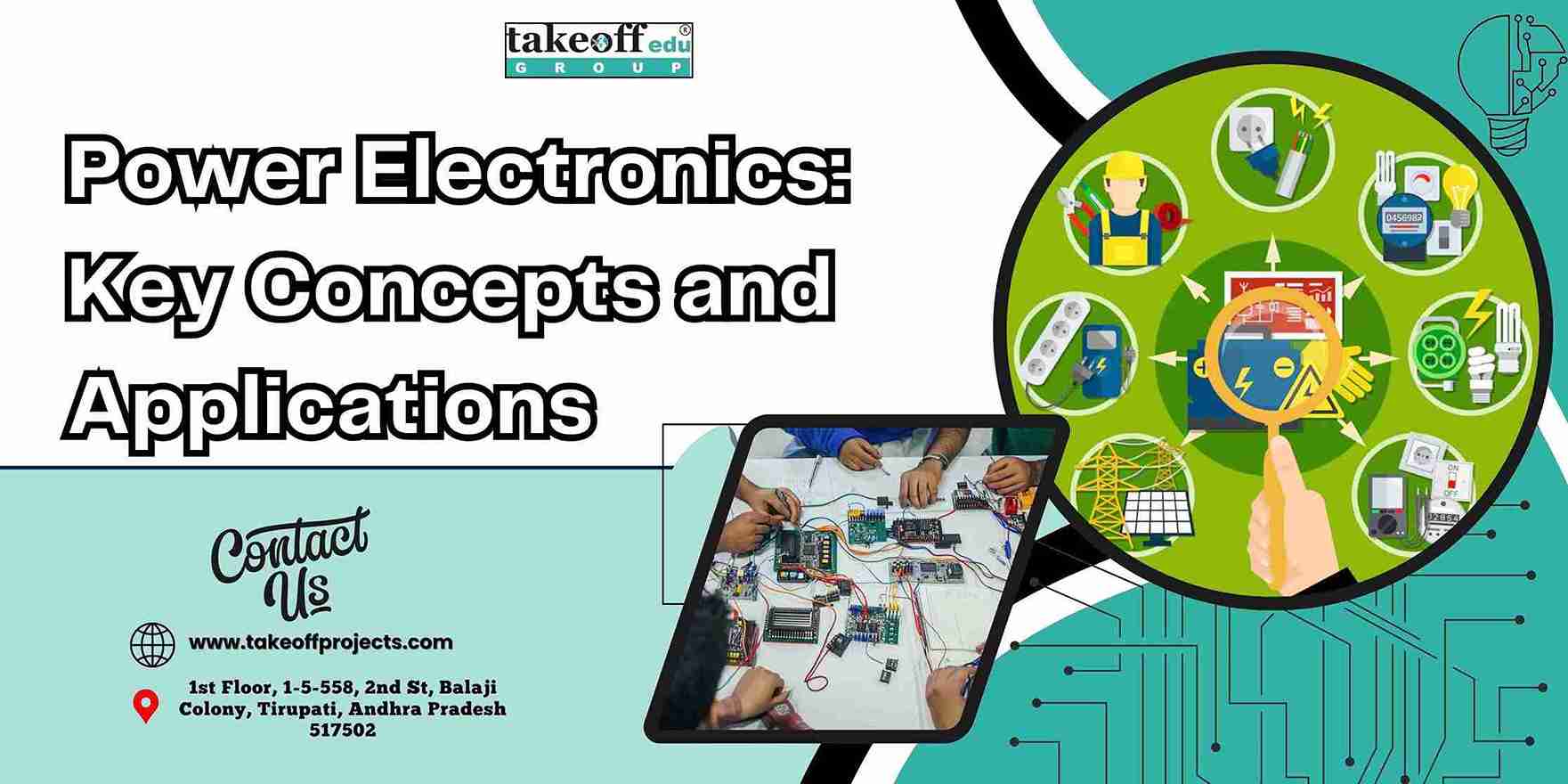 Power Electronics: Key Concepts and Applications
Power Electronics: Key Concepts and Applications  Cybersecurity in Power Systems: Protecting Critical Infrastructure
Cybersecurity in Power Systems: Protecting Critical Infrastructure 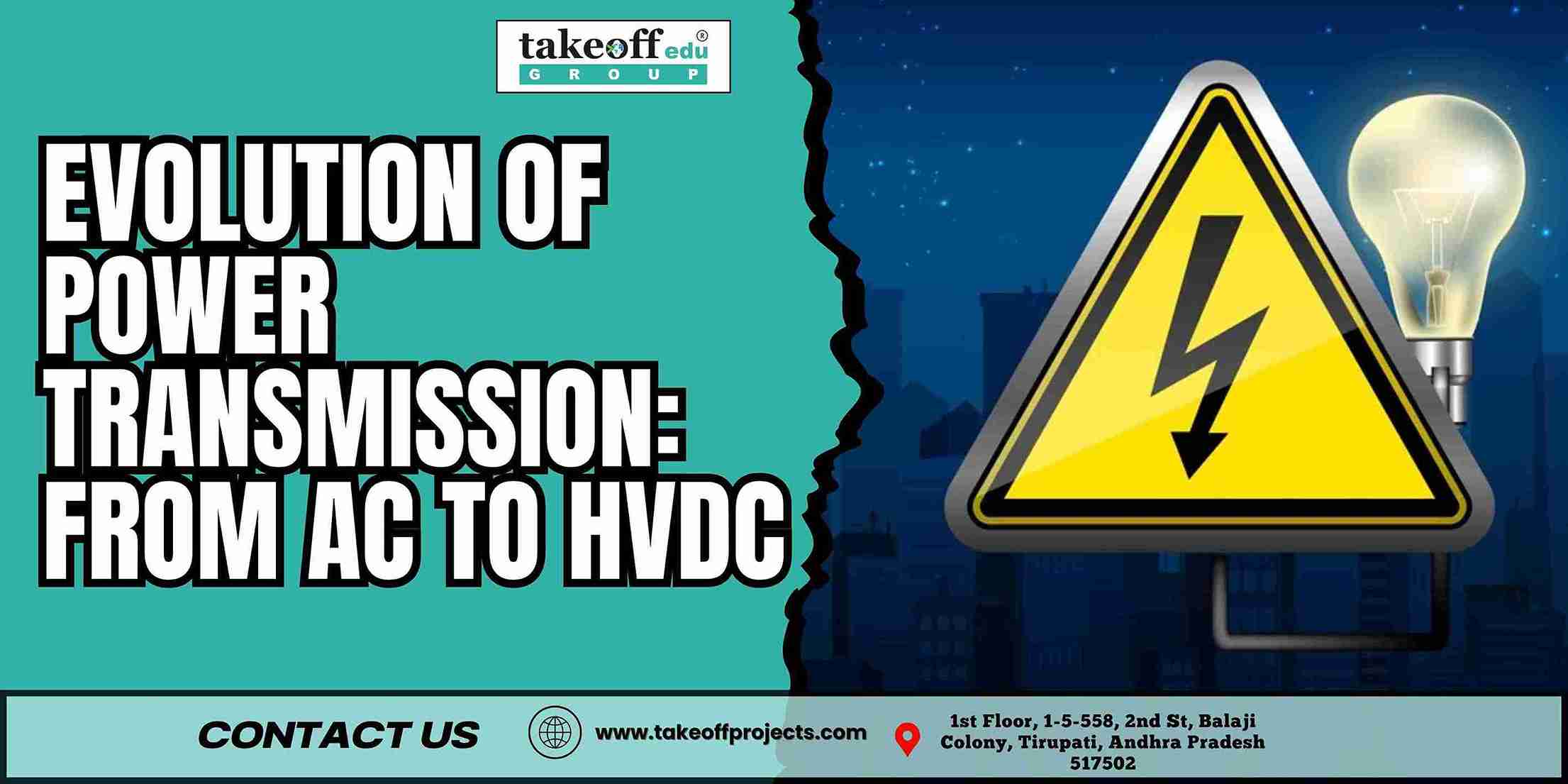 The Evolution of Power Transmission: From AC to HVDC
The Evolution of Power Transmission: From AC to HVDC 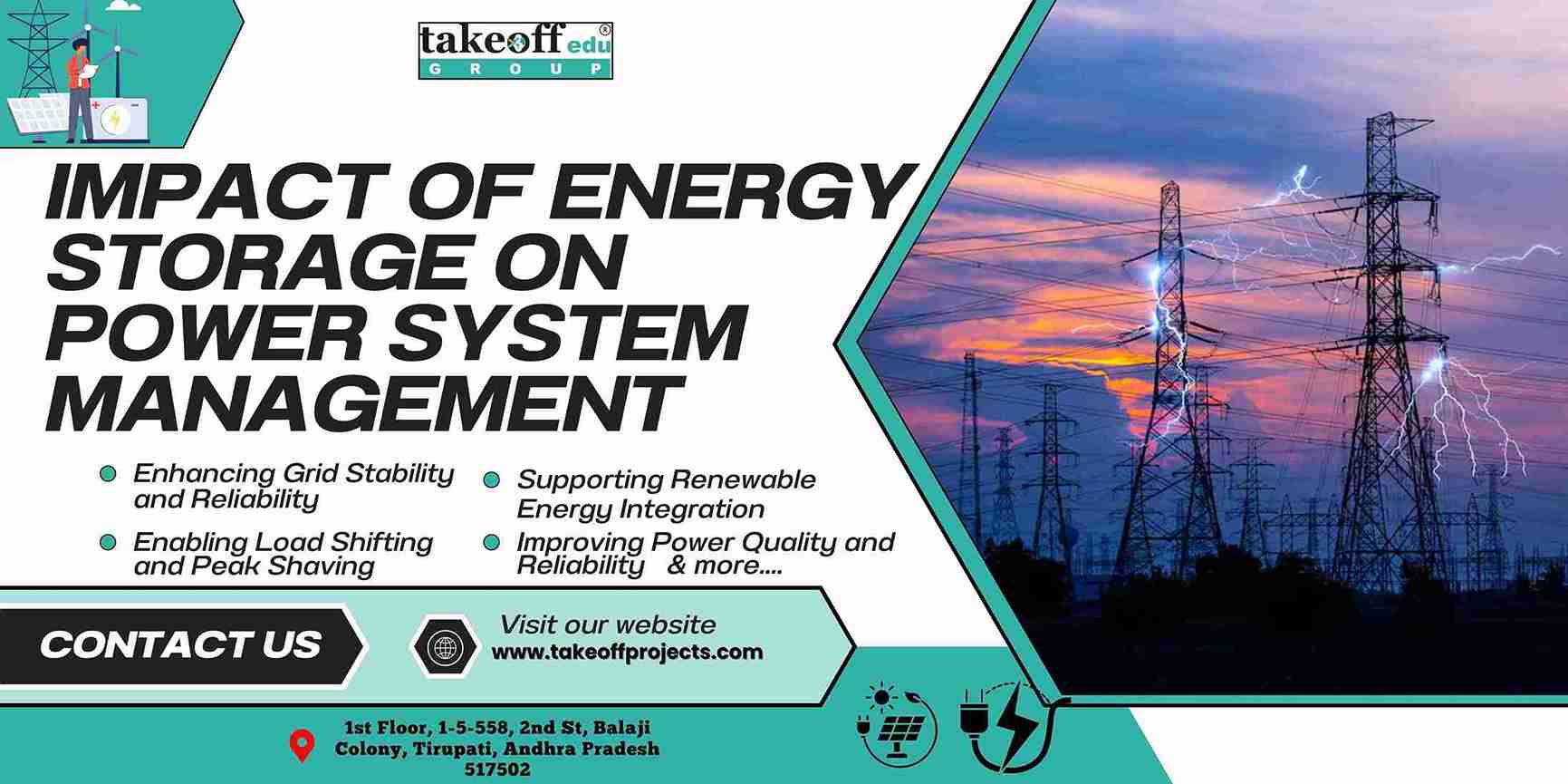 Impact of Energy Storage on Power System Management
Impact of Energy Storage on Power System Management 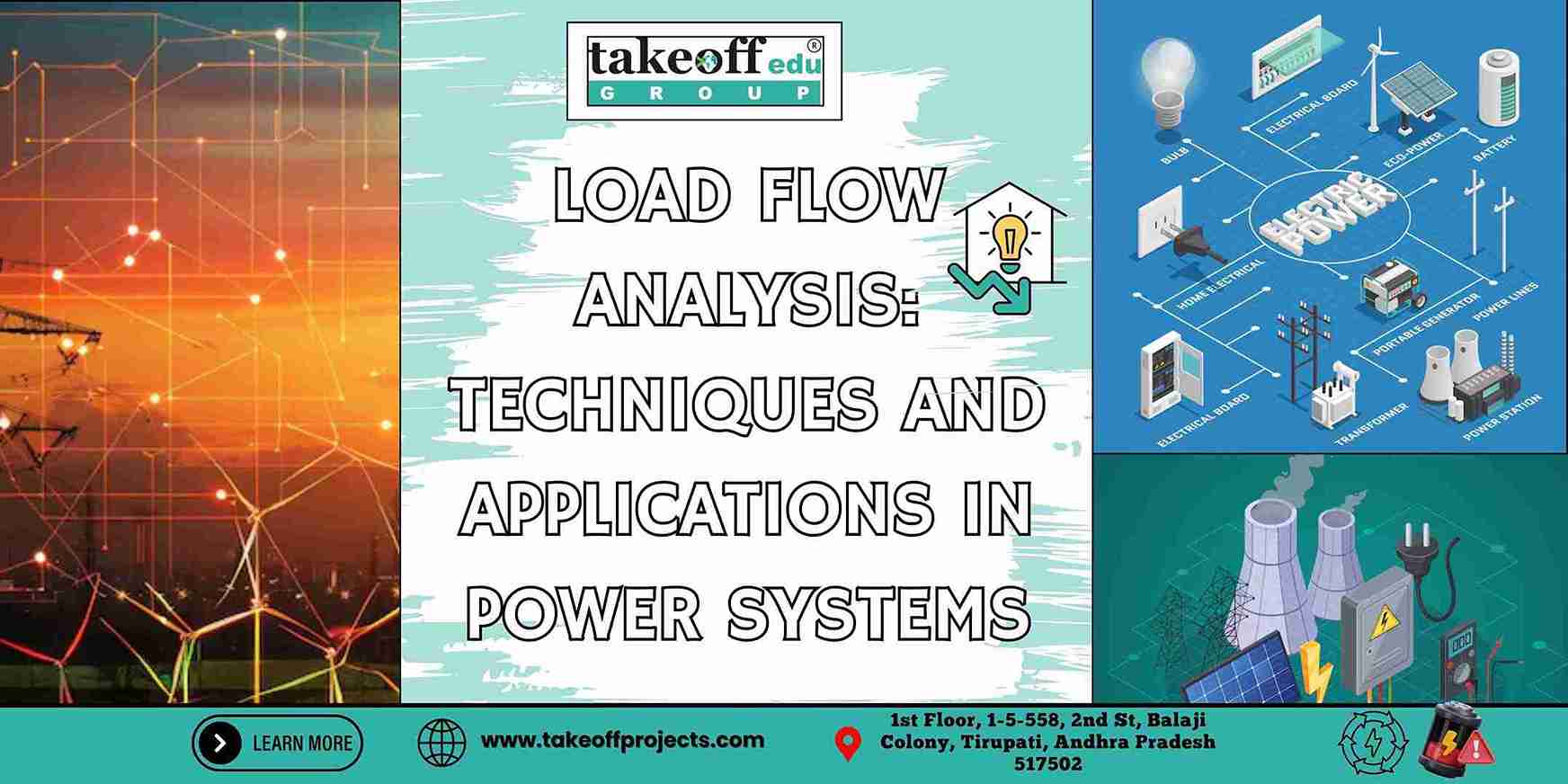 Load Flow Analysis : Techniques and Applications in Power Systems
Load Flow Analysis : Techniques and Applications in Power Systems 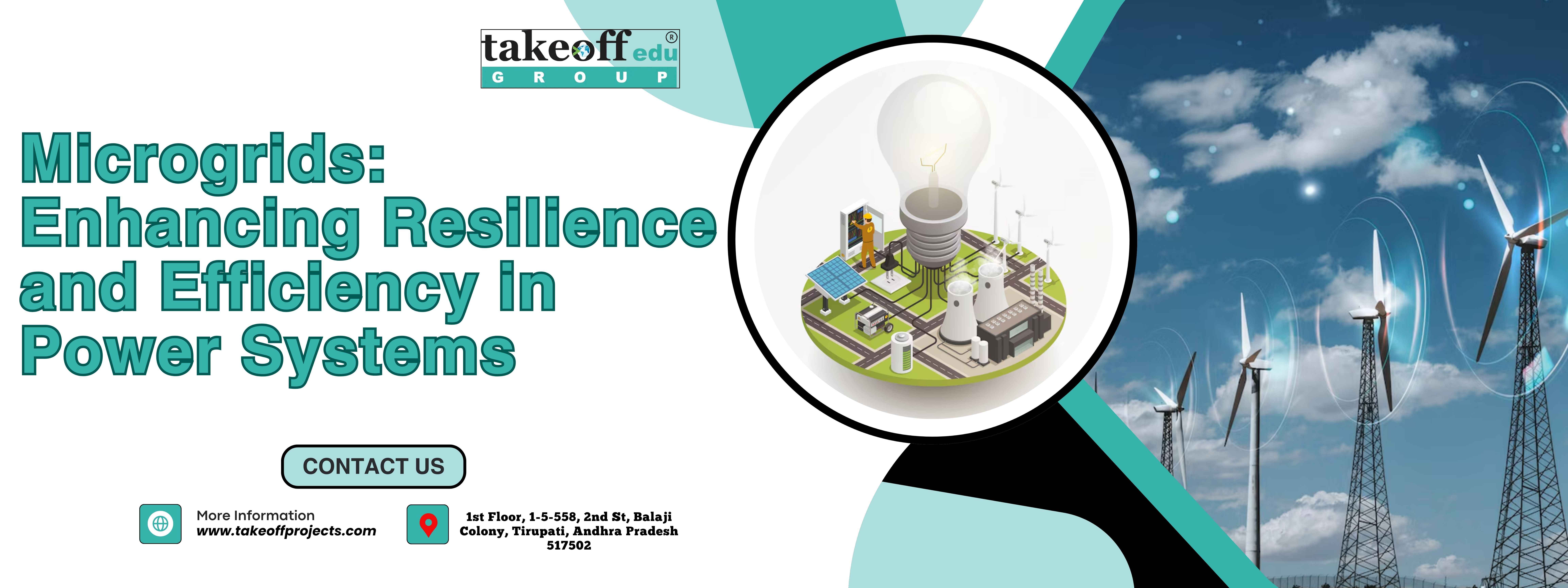 Microgrids: Enhancing Resilience and Efficiency in Power Systems
Microgrids: Enhancing Resilience and Efficiency in Power Systems 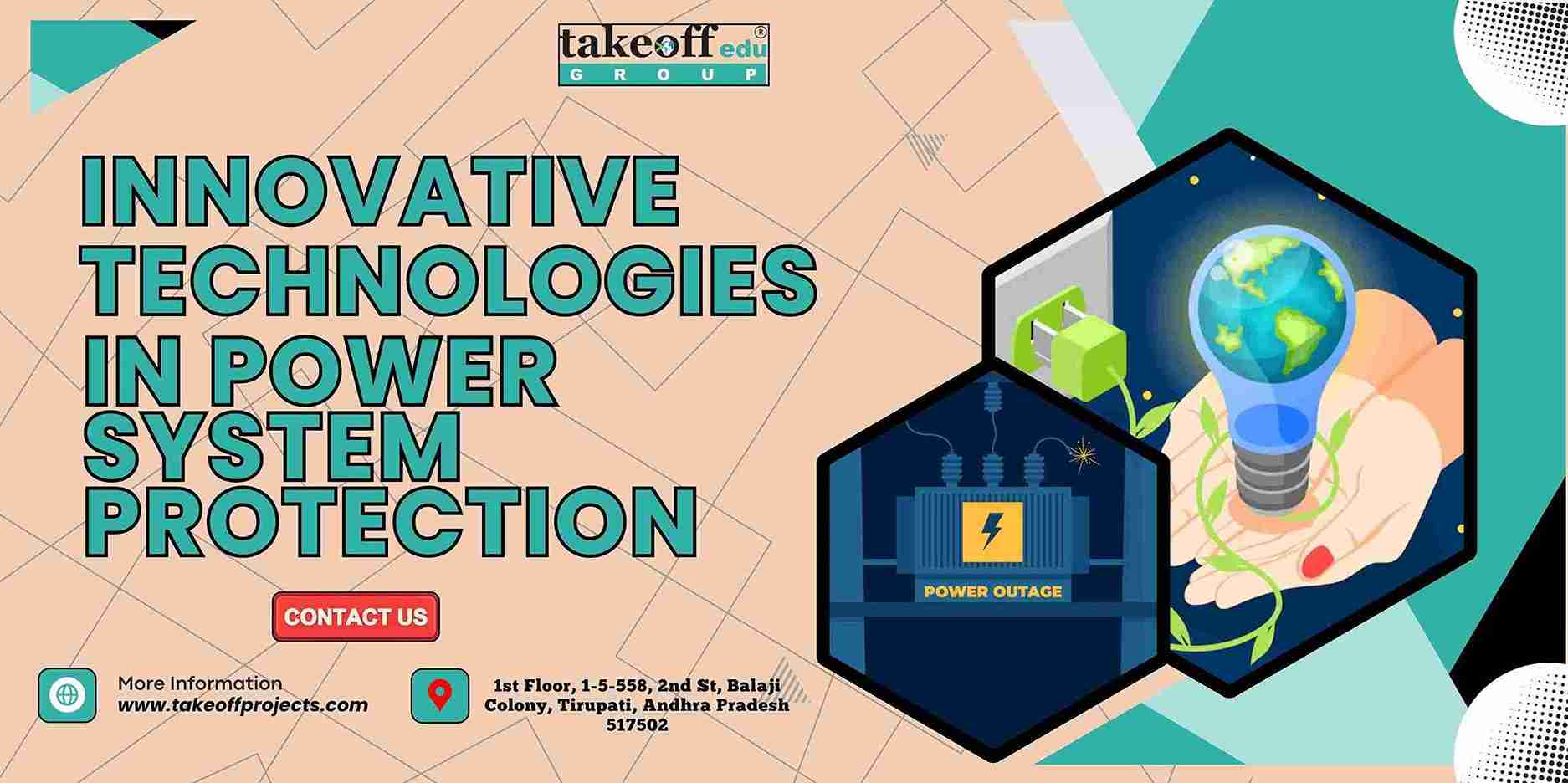 Innovative Technologies in Power System Protection
Innovative Technologies in Power System Protection 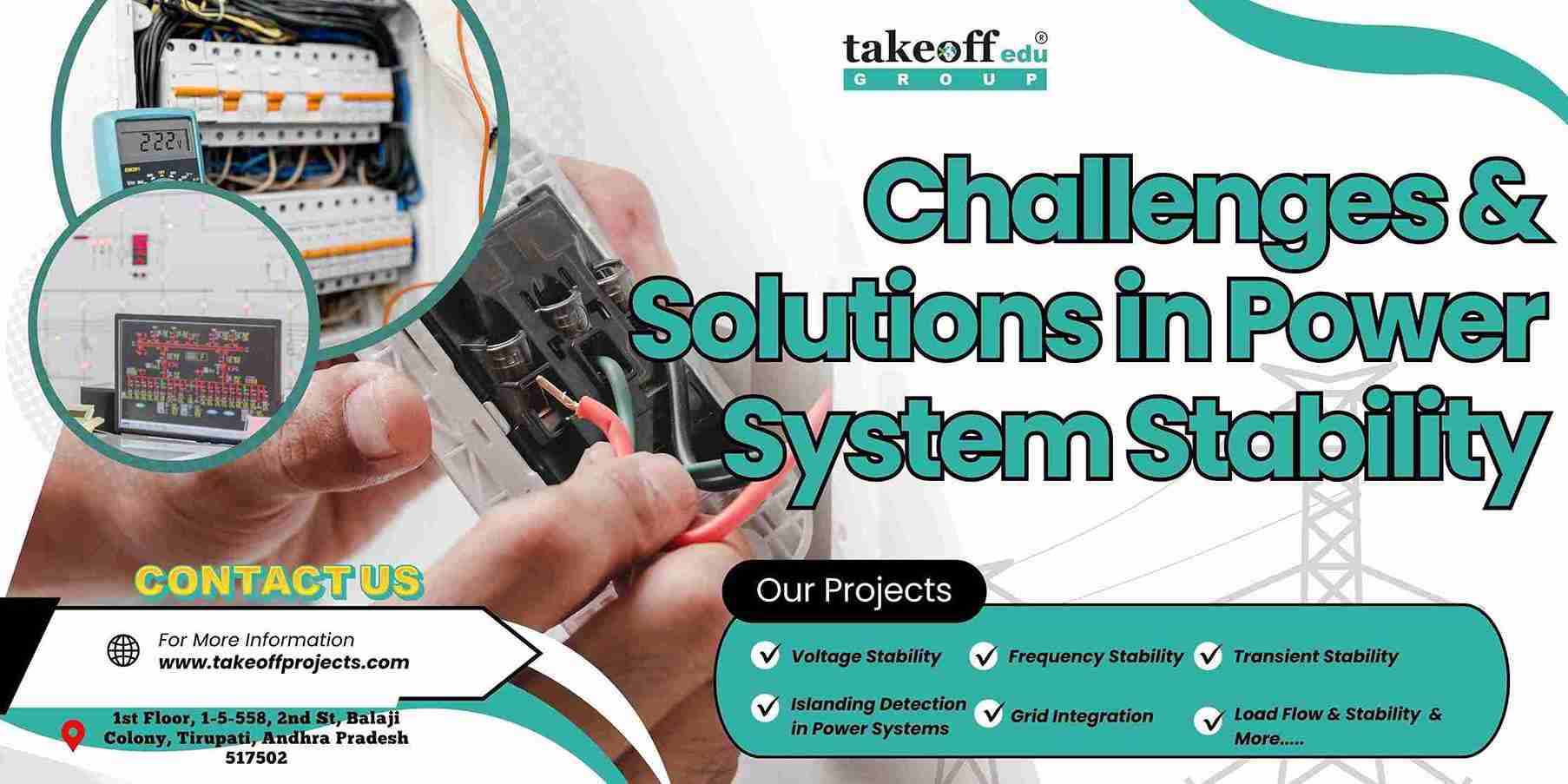 Challenges and Solutions in Power System Stability
Challenges and Solutions in Power System Stability 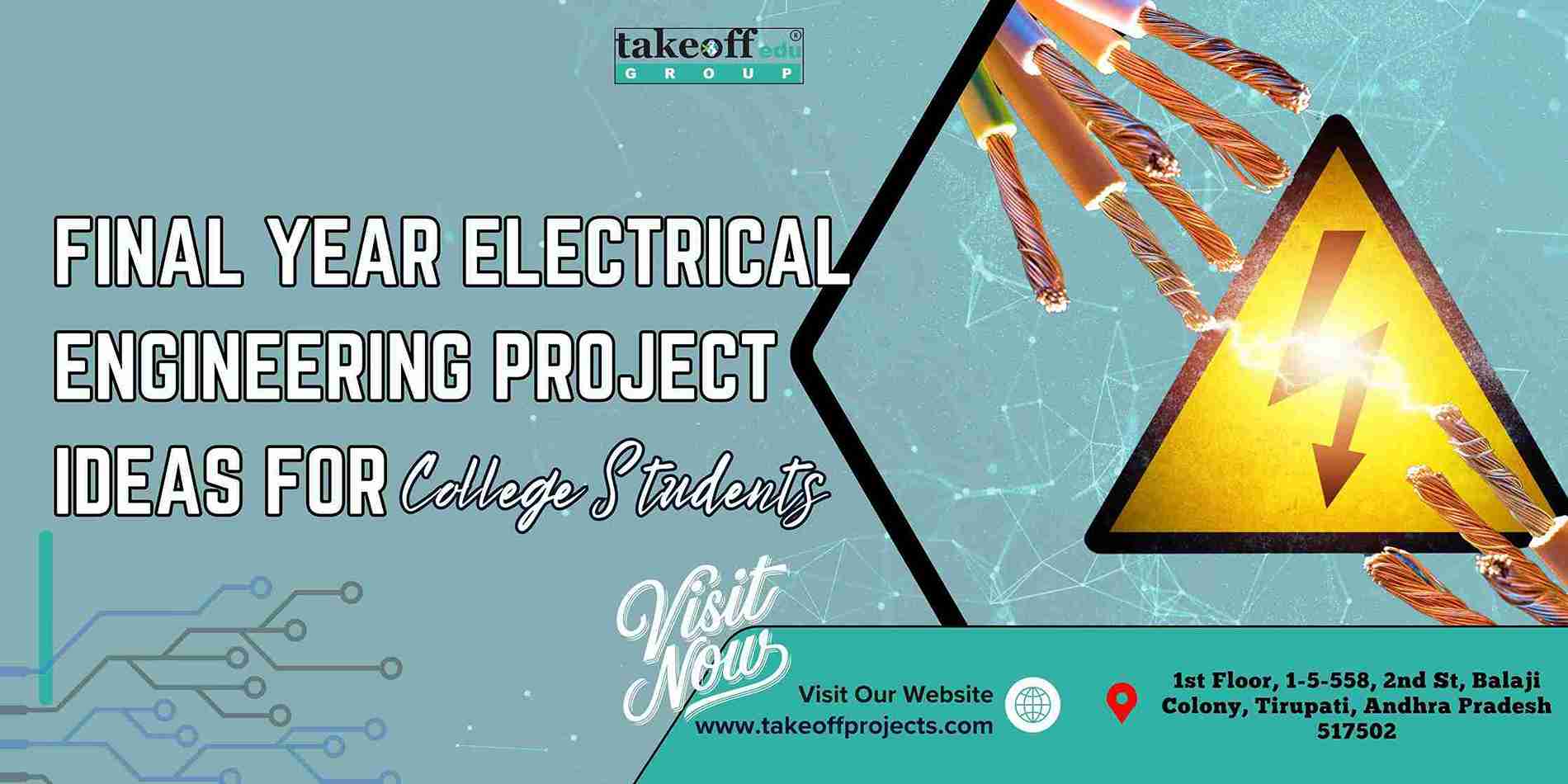 Final Year Electrical Engineering Project Ideas for College Students
Final Year Electrical Engineering Project Ideas for College Students  The Role of Renewable Energy in Modern Power Systems
The Role of Renewable Energy in Modern Power Systems 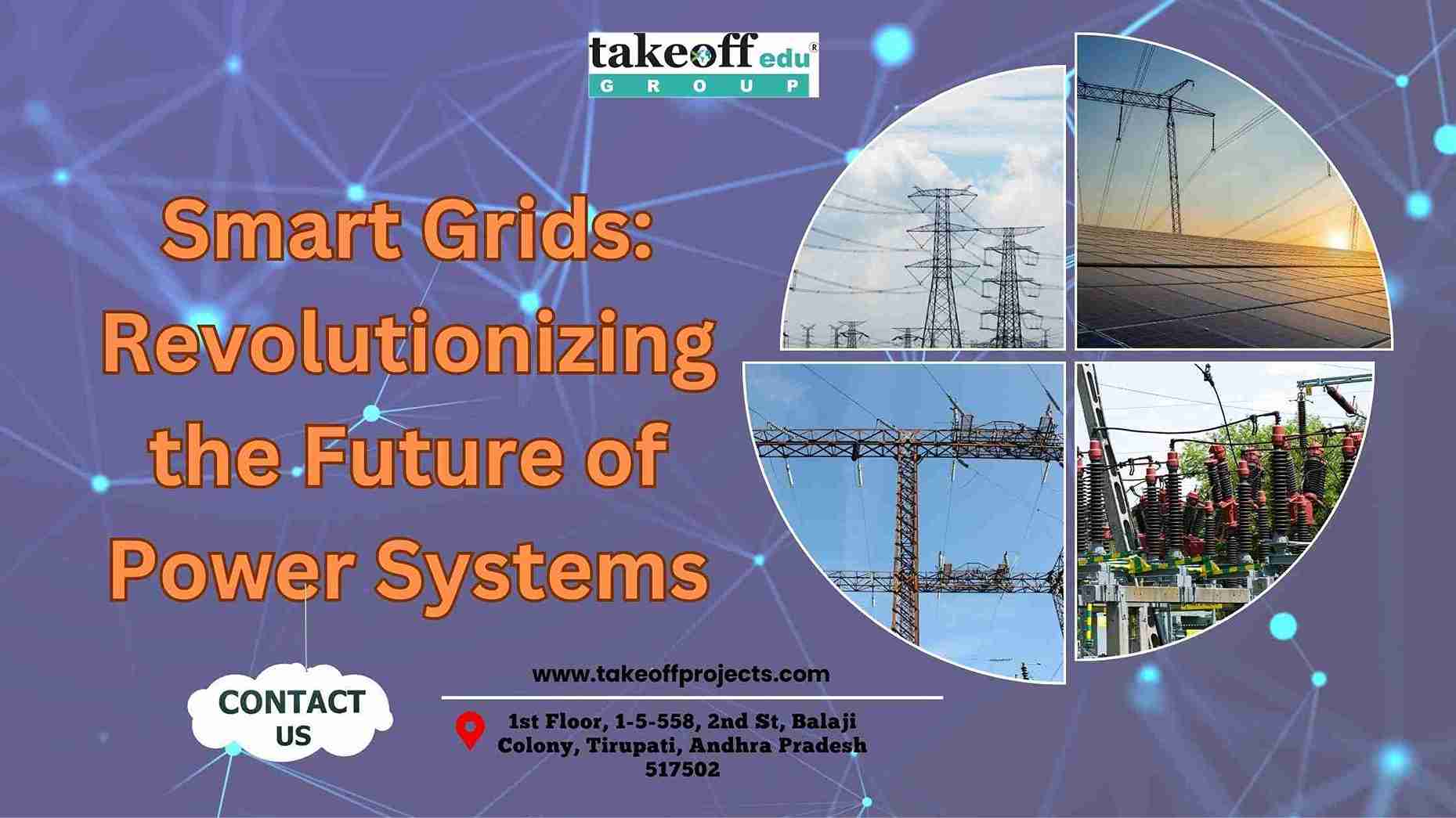 Smart Grids: Revolutionizing the Future of Power Systems
Smart Grids: Revolutionizing the Future of Power Systems 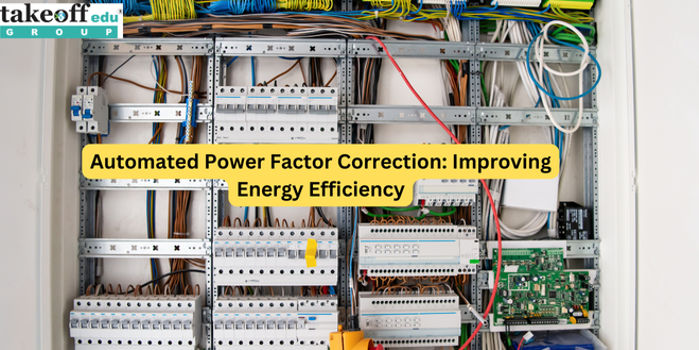 Automated Power Factor Correction: Improving Energy Efficiency
Automated Power Factor Correction: Improving Energy Efficiency 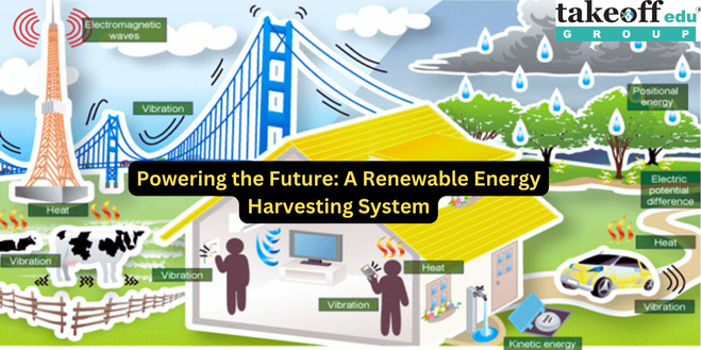 Powering the Future: A Renewable Energy Harvesting System
Powering the Future: A Renewable Energy Harvesting System 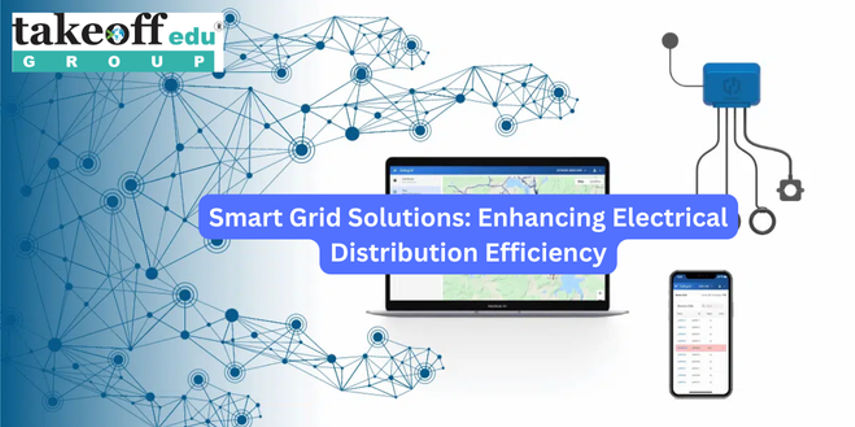 Smart Grid Solutions: Enhancing Electrical Distribution Efficiency
Smart Grid Solutions: Enhancing Electrical Distribution Efficiency 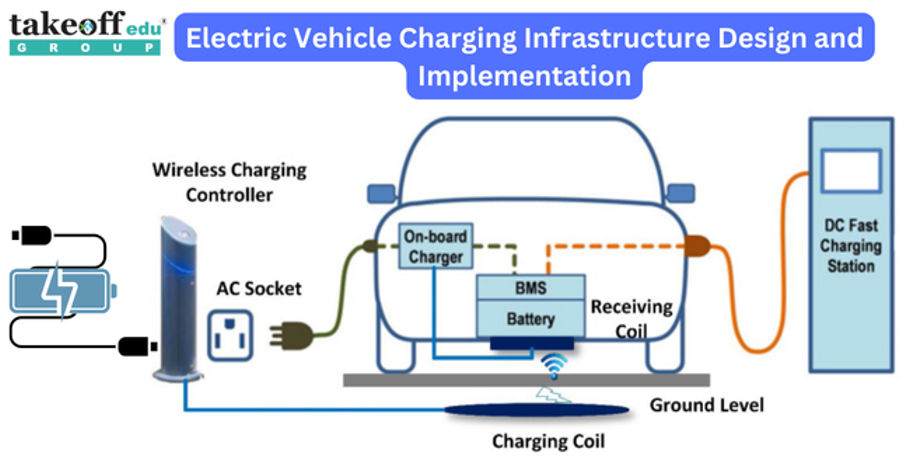 Electric Vehicle Charging Infrastructure Design and Implementation
Electric Vehicle Charging Infrastructure Design and Implementation 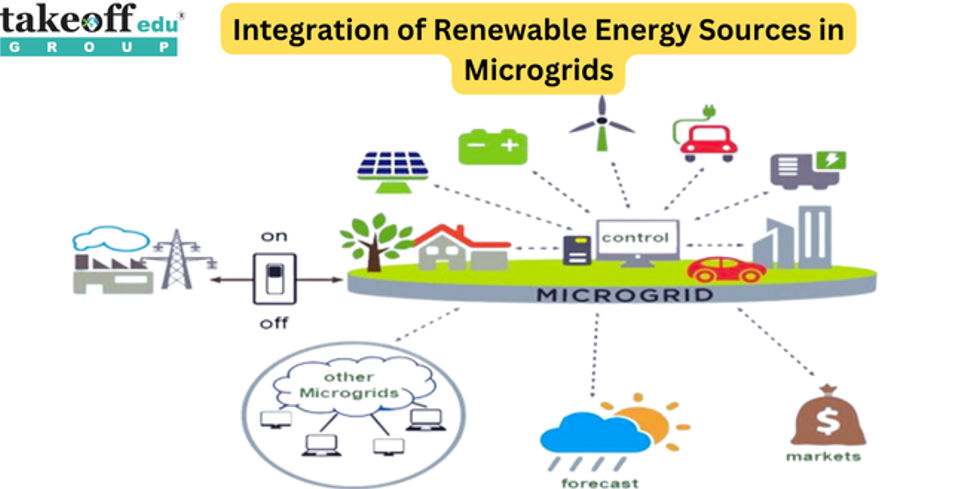 Integration of Renewable Energy Sources in Microgrids
Integration of Renewable Energy Sources in Microgrids 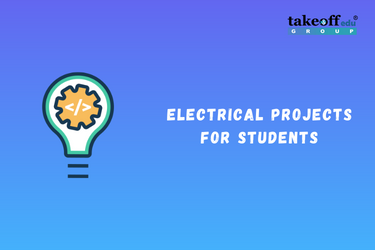 Electrical Projects Engineering Students
Electrical Projects Engineering Students  M.Tech Thermal Engineering Projects
M.Tech Thermal Engineering Projects 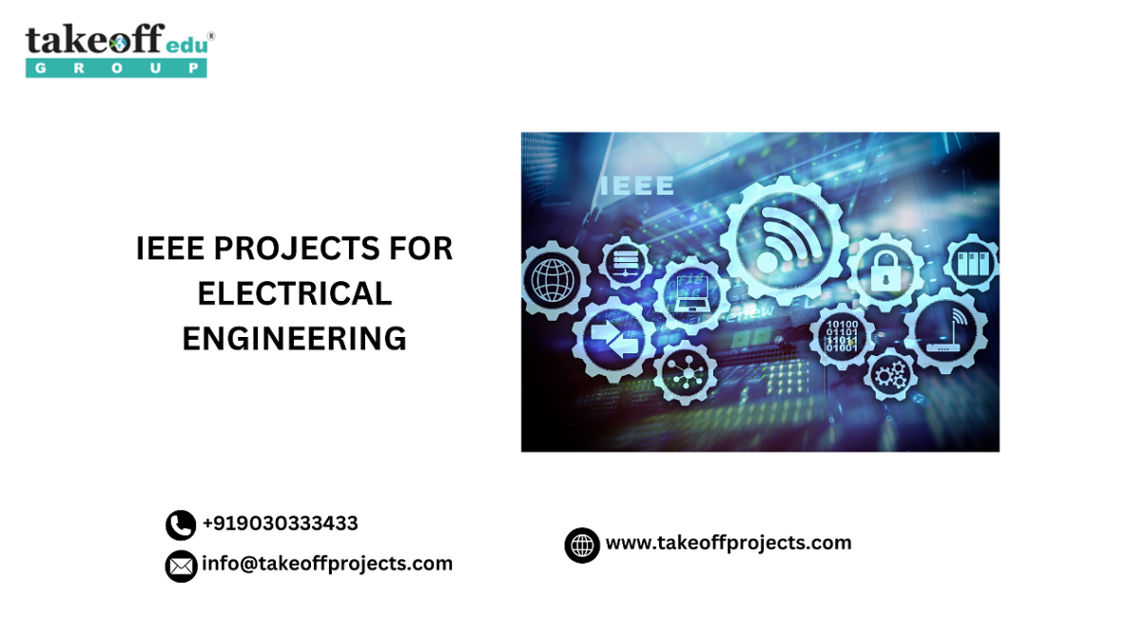 IEEE Projects for Electrical Engineering
IEEE Projects for Electrical Engineering 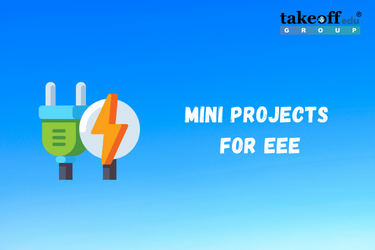 Mini Projects for EEE
Mini Projects for EEE 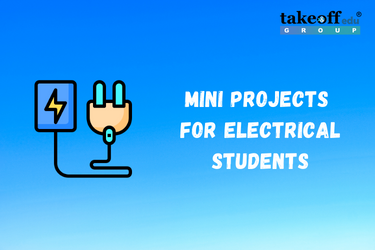 Mini Projects for Electrical Students
Mini Projects for Electrical Students 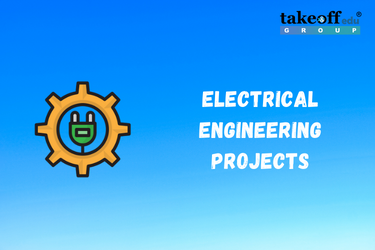 Top Electrical Projects for Final Year Students
Top Electrical Projects for Final Year Students 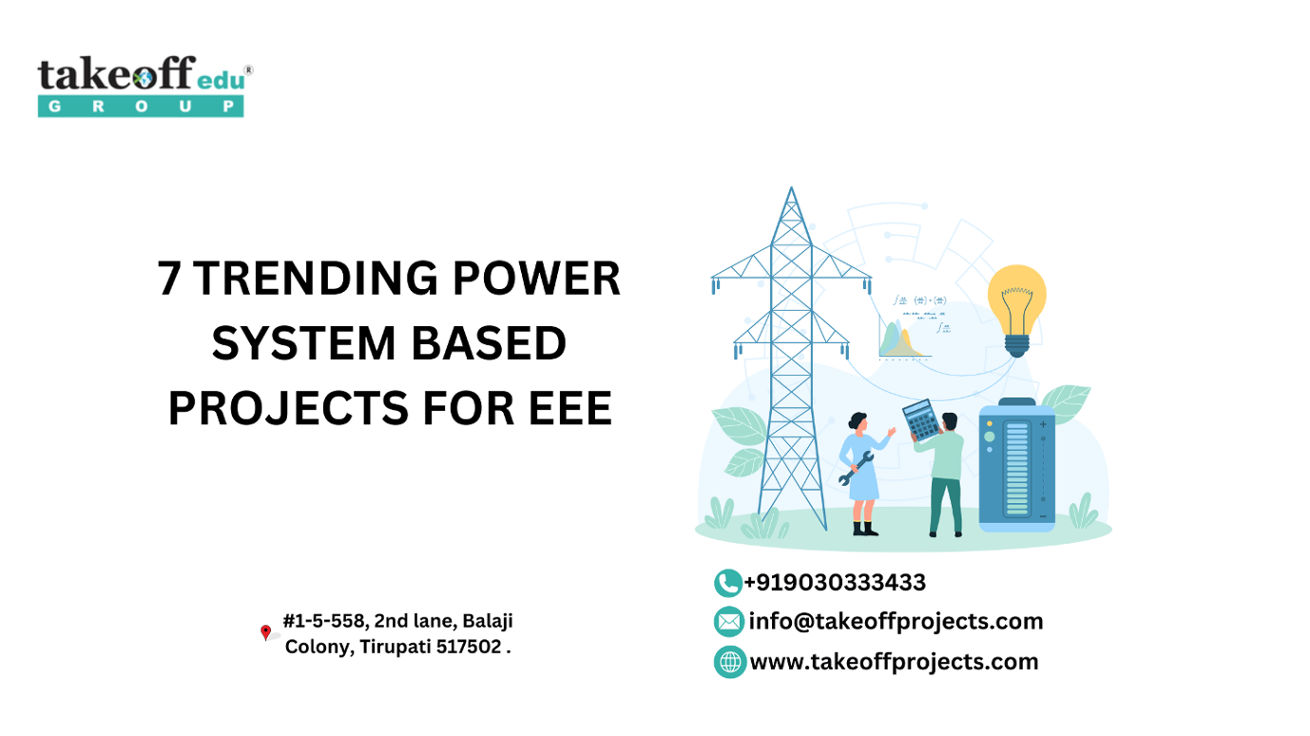 7 Trending Power Systems Based Projects for EEE
7 Trending Power Systems Based Projects for EEE  Top 10 Power Electronics Projects for EEE
Top 10 Power Electronics Projects for EEE 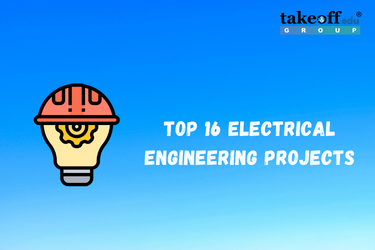 Top 16 Electrical Engineering Projects
Top 16 Electrical Engineering Projects 
 Paper Publishing
Paper Publishing


